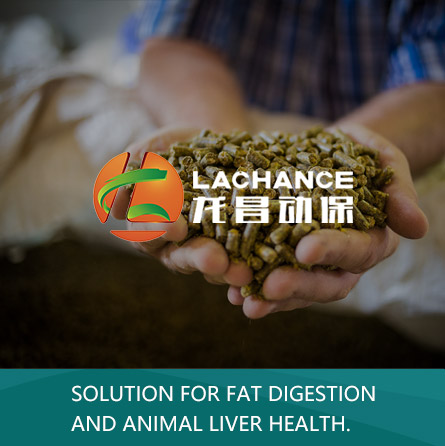A 60,000 Laying Hen Trial Report: BAs on Egg Production
1. Trial Objective
To investigate the effects of dietary bile acid supplementation on the health and production performance of laying hens.
2. Experimental Design

Two houses with hens of similar age (50 weeks) and comparable production performance were selected from the same production base. Environmental conditions (temperature, humidity, stocking density, feed, etc.) were maintained at identical levels. The control group consisted of 30,000 hens, and the experimental group also had 30,000 hens.
The trial lasted 15 days, from April 22 to May 6, 2021, with ad libitum access to feed and water throughout. The experimental group received a basal diet supplemented with RUNEON® bile acids at 1 kg/t for the first 5 days, followed by 500 g/t for the remaining 10 days. Data for both groups were recorded from April 10 to May 18 to provide longitudinal reference data on production performance before and after bile acid supplementation.
3. Diet Formulation
The basal diet was primarily composed of corn and soybean meal, with nutritional specifications adjusted according to farming guidelines and practical conditions.
4. Trial Management
During the trial, management strictly followed standard operating procedures and farming manuals, including disinfection protocols for entry and housing, lighting schedules, daily sanitation, feeding programs, temperature control, and manure removal. Daily records were kept for parameters such as egg production, feed intake, and mortality.
5. Key Evaluation Indicators
Egg production rate, Daily feed intake, Average daily feed intake, Mortality, Average body weight
6. Data Analysis



As shown in the data, the control group (without bile acids) experienced a noticeable decline in egg production rate, dropping from 78.34% to 75.18%. In contrast, the bile acid-supplemented group showed an increase in egg production rate of 3.57% to 7.51% compared to the control group during the same period. Although their egg production rate decreased from 81.88% to 80.98%, the rate of decline slowed significantly. This indicates that bile acids helped improve and sustain egg production in laying hens.
Additionally, bile acid supplementation improved body weight stability and uniformity among hens of the same age.
7. Conclusion
As laying hens age, egg production tends to decline during the late laying phase. Adjusting the basal diet composition or using feed additives can help improve production performance. Bile acids are a feed additive known to enhance fat utilization and overall performance. The present trial demonstrates that supplementing bile acids in appropriate amounts during the late laying phase can improve production performance and increase the egg production rate of laying hens.










